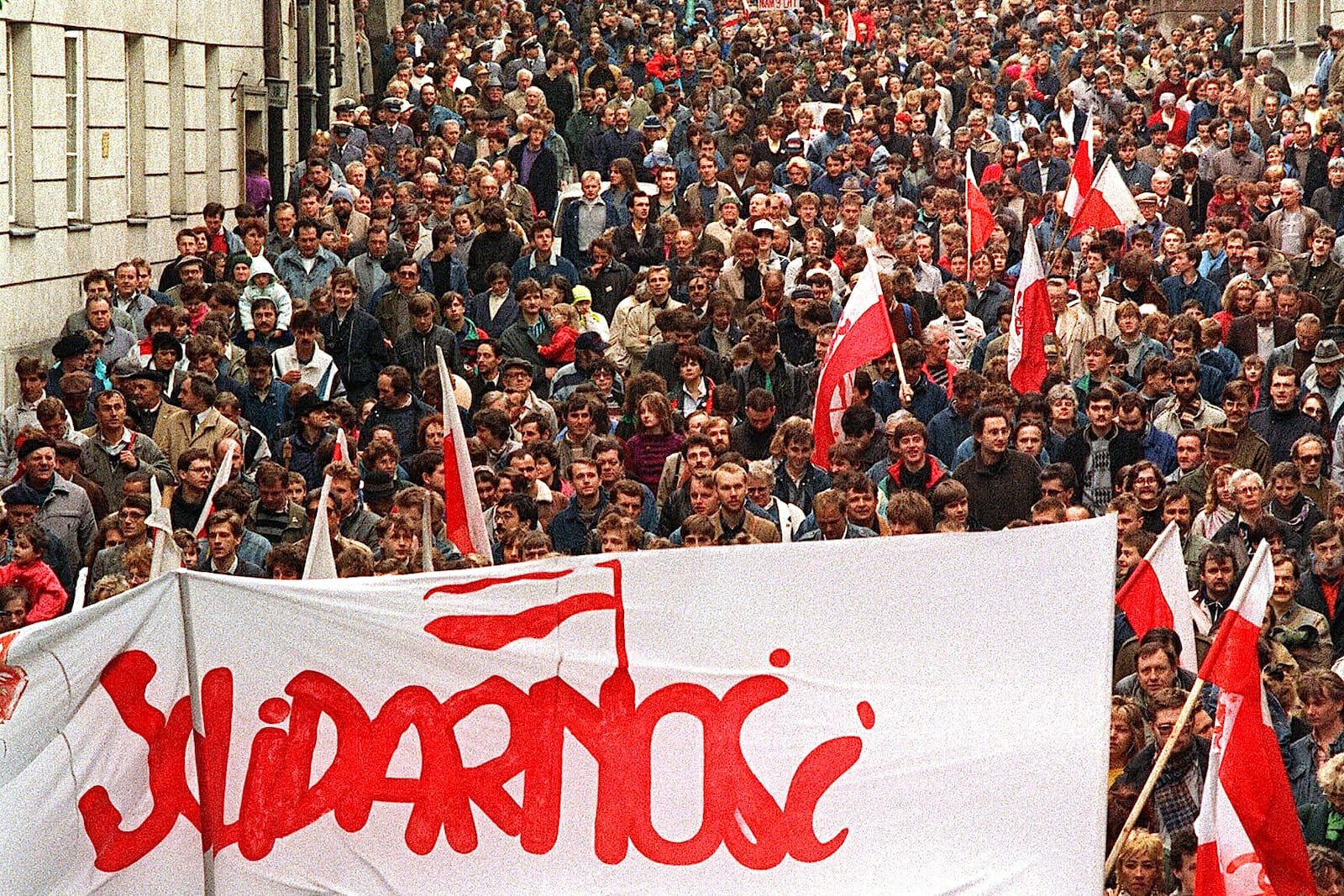
The Fall of Communism in Central Europe: 30 Years Later
Textbooks in Yugoslavia’s public education system of the 1980s were not as dogmatic as those distributed to the school children of Moscow. But the curriculum in our independent communist nation was clear that irreconcilable political differences split the Eastern and Western world. It had been this way since 1945 (longer perhaps, if you took the books at face value about how Marxism went back to the ‘collectivist’ Neolithic period), and it would remain constant into the future. The West remained an alien “other” until, very rapidly, things began to change in Europe in a way that our textbooks never would have anticipated.
Any American with a newspaper subscription in those years will remember the coverage that foreshadowed looming failures of the communist system; stories about dissident protests, defectors, and rampant economic privation. Much of this information was concealed from readers inside the Marxist paradise at the time, in lieu of the happy news that filled our textbooks and state-controlled media.
1989 was the year that the massive thirst for change came out in the open for anybody to see. That was the year that Red Army tanks clambered home from Afghanistan, and the Solidarity activists won a resounding electoral contest over the communists in Poland. For Europeans with wanderlust in their hearts, it was the year of that first 240-kilometer-long breach in the border crossings around Hungary, and the year that men with sledgehammers smashed through the concrete walls of East Berlin. Moscow even gained its first American fast food chain during the middle of all this, bringing symbols of the free market to one of the most authoritarian capitals.
This was also the year that Francis Fukuyama famously predicted that the fall of communism would also bring about “the end of history,” as if whole societies were poised to snap out of authoritarianism and emerge fully formed in the model of American democracy. Even as an adolescent in the tumultuous Balkans, it was clear that the path towards Western reforms was obstacle-laden at best, and a nonstarter in other regions.
I was born before the fall of the Soviet Union and over the course of fragmentation of the former Yugoslavia, but have been profoundly moved by the memory of these events, and internecine struggles they engendered around and beyond my poor town of Delchevo in Macedonia. These historic junctures of severe economic and political transition, painful state-building, and war conflicts in the region brought tragedy, opportunities and innumerable challenges to the people of my country and region. Nevertheless, my personal journey was headed westward in the years ahead. I won a scholarship through the U.S. State Department’s “Doors to Diplomacy” program, studied American constitutional principles with the Fund for American Studies (TFAS), and soaked up as much information as possible about U.S. political science. These educational experiences were more compelling than all of the dogmatic textbooks that the children of communism had had access to during the 1980s.
Washington, D.C. has been my home for the last nine years. During that time, several of the former-communist nations of Europe have continued on the path of Western-style liberalization, and others have renounced it. It is unfortunate that several former Soviet countries, where reform seemed possible at the turn of the millennium, have experienced snapback of authoritarianism out of muscle memory.
Western writers have also described the collapse of communism as a sort of internal self-implosion. In that view, economic privation (worsened by an unsustainable military budget) brought down the USSR, and ethnic conflict split apart Yugoslavia. These ideas shortchange the important role of pro-democracy voices coming from outside the Iron Curtain. State Department soft-power, IMF economic development, and civil society educational programs showed many living under communism that the grass was indeed greener on the other side. The nations that have backtracked towards authoritarianism in recent years have done so in part by cutting off the free flow of political ideas between the East and West.
Three decades after the “year of miracles” swept across Central and Eastern Europe, it is worth reflecting on what Western institutions can do to keep up the momentum for democratic reform movements around the world. Exposure to American political principles as a student changed the way that I saw the world. But I have been taken aback at the United States’ waning interest in promoting these ideas to a global audience in recent decades. Looking back at the events of 1989 convinces me that the free flow of ideas, West to East, is one of our most potent tools against authoritarianism. The time is right on this 30th anniversary to redouble our advocacy for freedom around the world.

